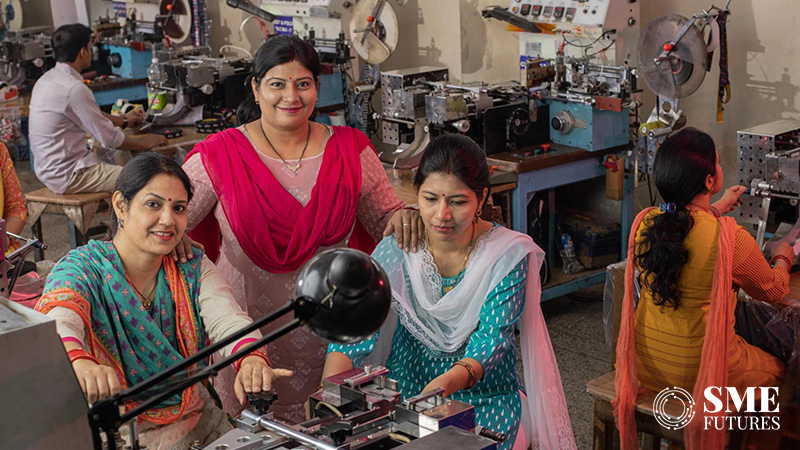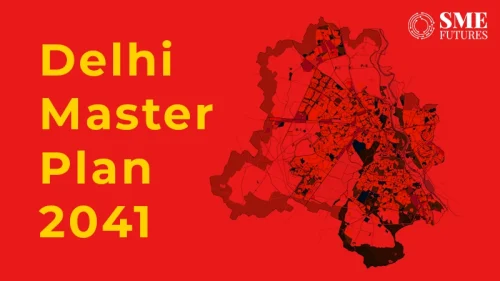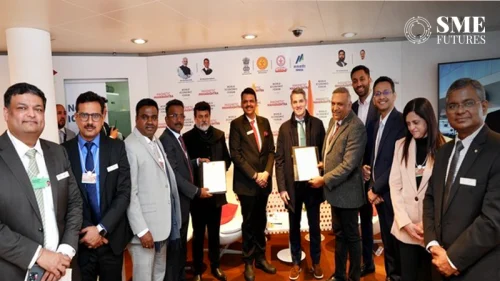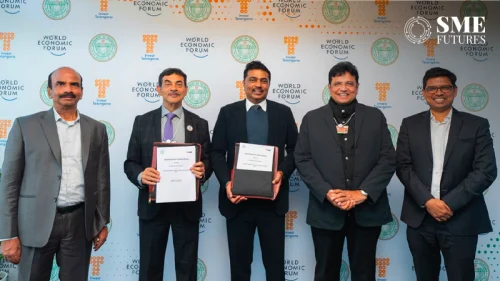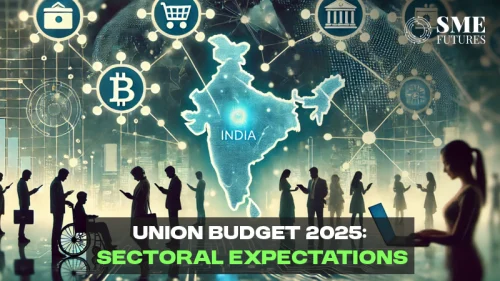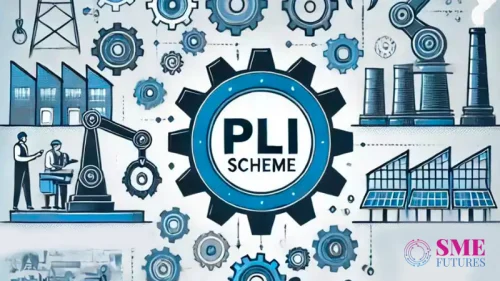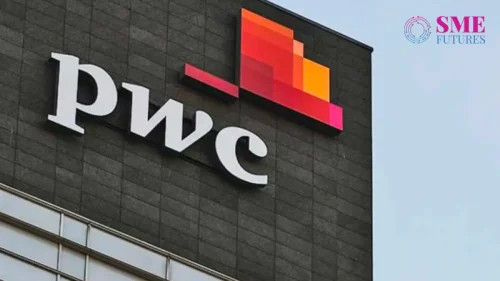Ahead of union budget 2024, Dept of Economic Affairs has released a report titled ‘The Indian Economy: A Review’. This is not the Economic Survey of India prepared by the Department of Economic Affairs. That
will come before the full budget after the general elections.
In a segment it talks about women led development and their participation in India’s workforce.
According to the Economic review, in recent years, India has witnessed a significant focus on women-led development, with the passage of the Nari Shakti Vandan Adhiniyam (NSVA) and India’s prioritisation of “women-led development” during its G20 Presidency. The review doc read, that the NSVA, which reserves one-third of government seats for women, has been associated with improved governance and increased public investment in areas such as drinking water and public infrastructure.
The review highlights the positive correlation between female political representation and outcomes such as improved child health and primary education.
Efforts to economically empower women have also been emphasised, with a focus on enhancing access to financial services and skill development programs. The success of initiatives such as the PM Jan Dhan Yojana, which increased the proportion of women with bank accounts, and the Deendayal Antyodaya Yojana-National Rural Livelihood Mission (DAY-NRLM), covering millions of women through self-help groups, reflects the government’s commitment to women’s economic empowerment. Additionally, programs like PM Kaushal Vikas Yojana, PM Mudra Yojana, and Stand-Up India have supported women entrepreneurs and facilitated their participation in various sectors.
Furthermore, initiatives such as Swachh Bharat Mission, Ujjwala Yojana, and Jal Jeevan Mission have had a disproportionately positive impact on women’s lives by addressing health, education, and infrastructure needs. This is evidenced by the construction of millions of toilets, the distribution of clean cooking gas connections, and the provision of tap drinking water connections to rural households. The article also notes the role of the PM AWAS Yojana (Gramin) in promoting asset ownership among women, which has been linked to greater participation in household decision-making and improved health outcomes for children.
Education and health of the girl child have been emphasized as crucial aspects of women-led development, with initiatives like “Beti Bachao, Beti Padhao” and the Sukanya Samriddhi Yojana contributing to increased enrollment of girls in secondary schools. These efforts are seen as essential for tapping into the “gender dividend” and leveraging the best talent for India’s development.
The article also acknowledges the need for sustained and strategic endeavours to address persistent challenges, such as malnutrition and the enhancement of learning outcomes in schools. Efforts under the POSHAN Abhiyaan and Mission Saksham Anganwadi aim to improve nutrition and health among children, while the focus on upgrading the quality of education, as outlined in the National Education Policy, is seen as crucial for building a robust human capital pool.
Economic Review Jan’ 24 underscores the progress made in women-led development in India, highlighting the positive impact of various government initiatives on women’s empowerment, economic participation, and overall well-being. It also acknowledges the need for continued efforts to address remaining challenges and emphasises the importance of sustained focus on women’s development for India’s long-term prosperity.

